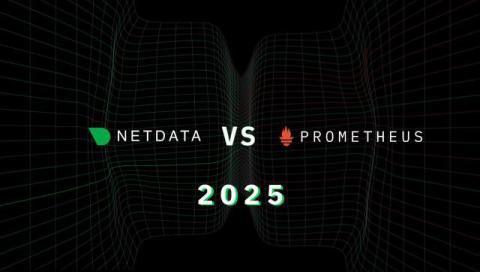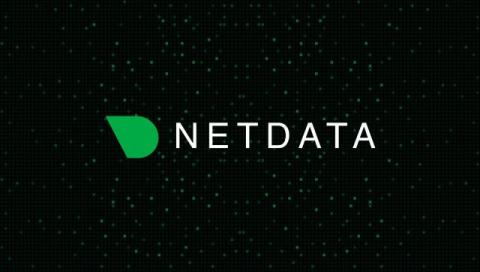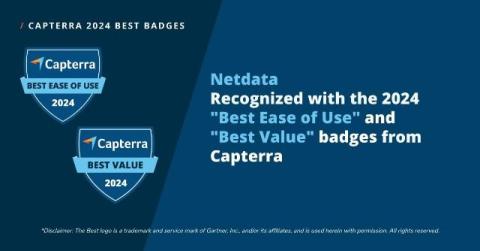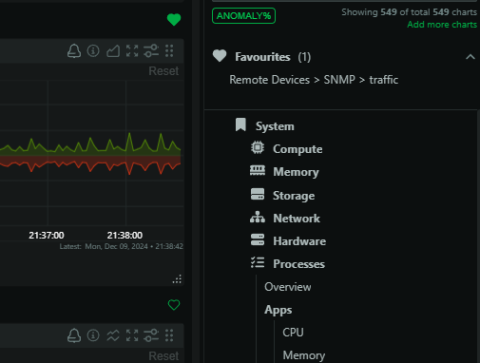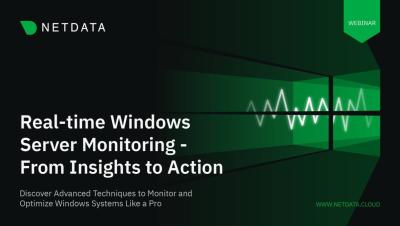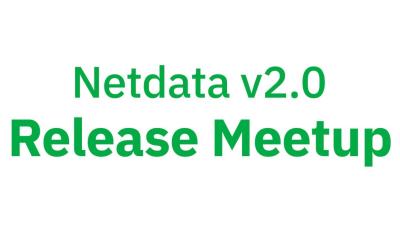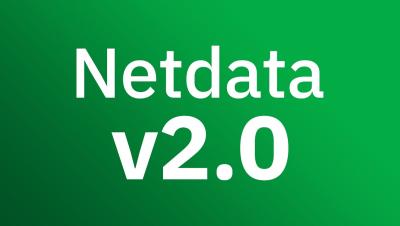Netdata vs Prometheus: A 2025 Performance Analysis
When it comes to infrastructure monitoring, performance, scalability, and efficiency are critical considerations. In this blog post, we revisit two widely adopted open-source monitoring solutions: Netdata and Prometheus. Both tools have introduced notable improvements in their latest versions, emphasizing scalability and enhanced efficiency.


